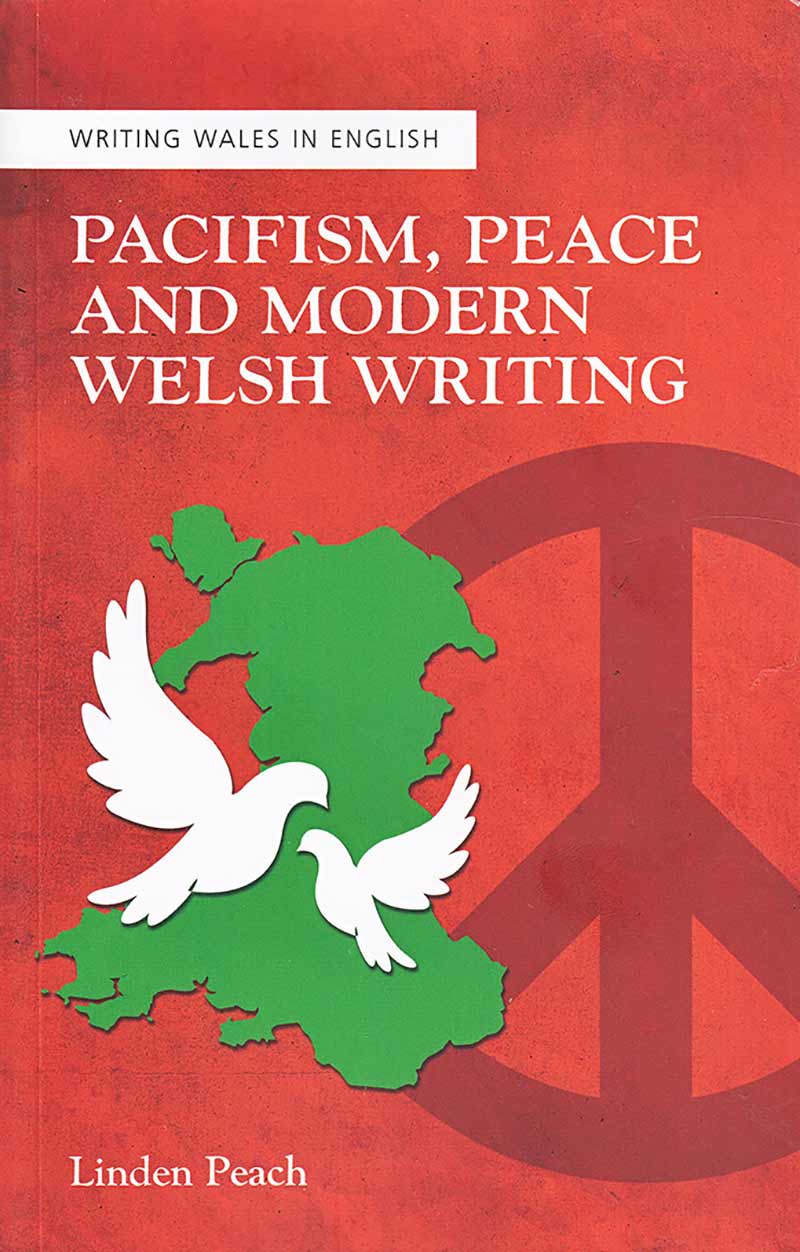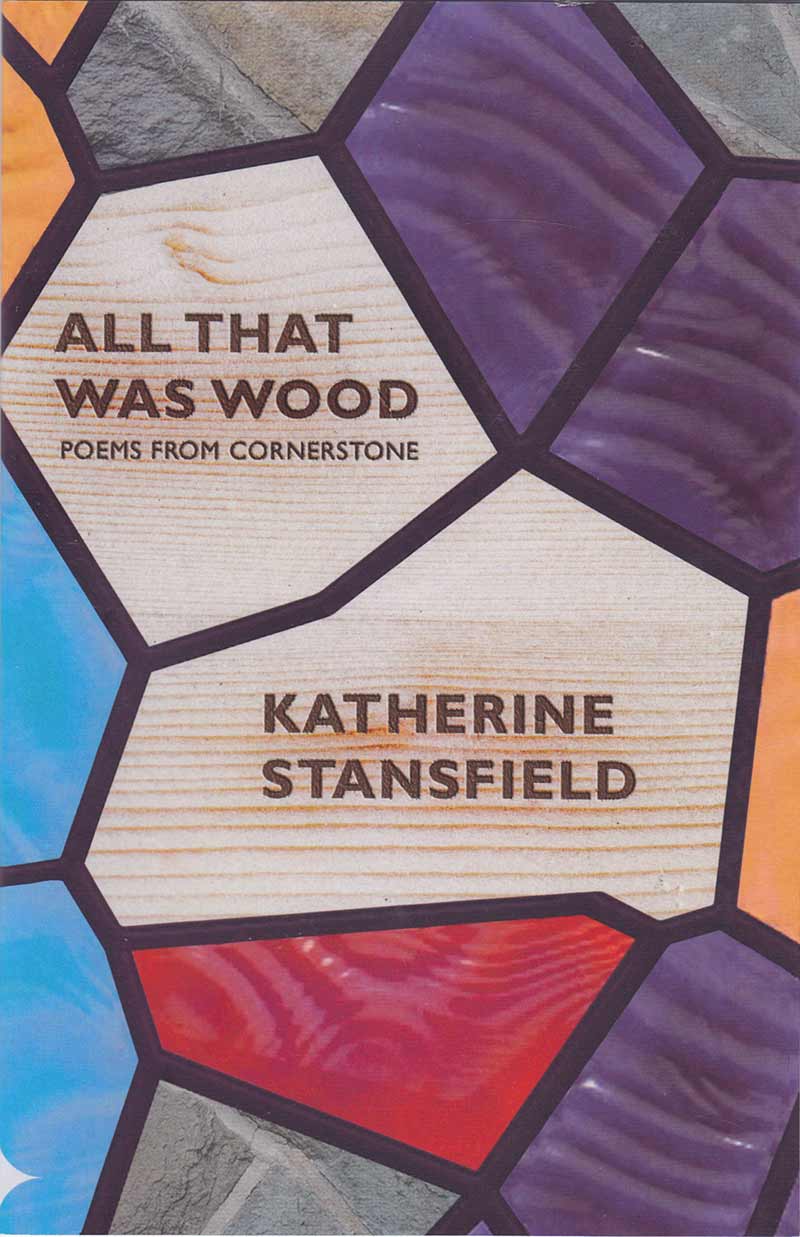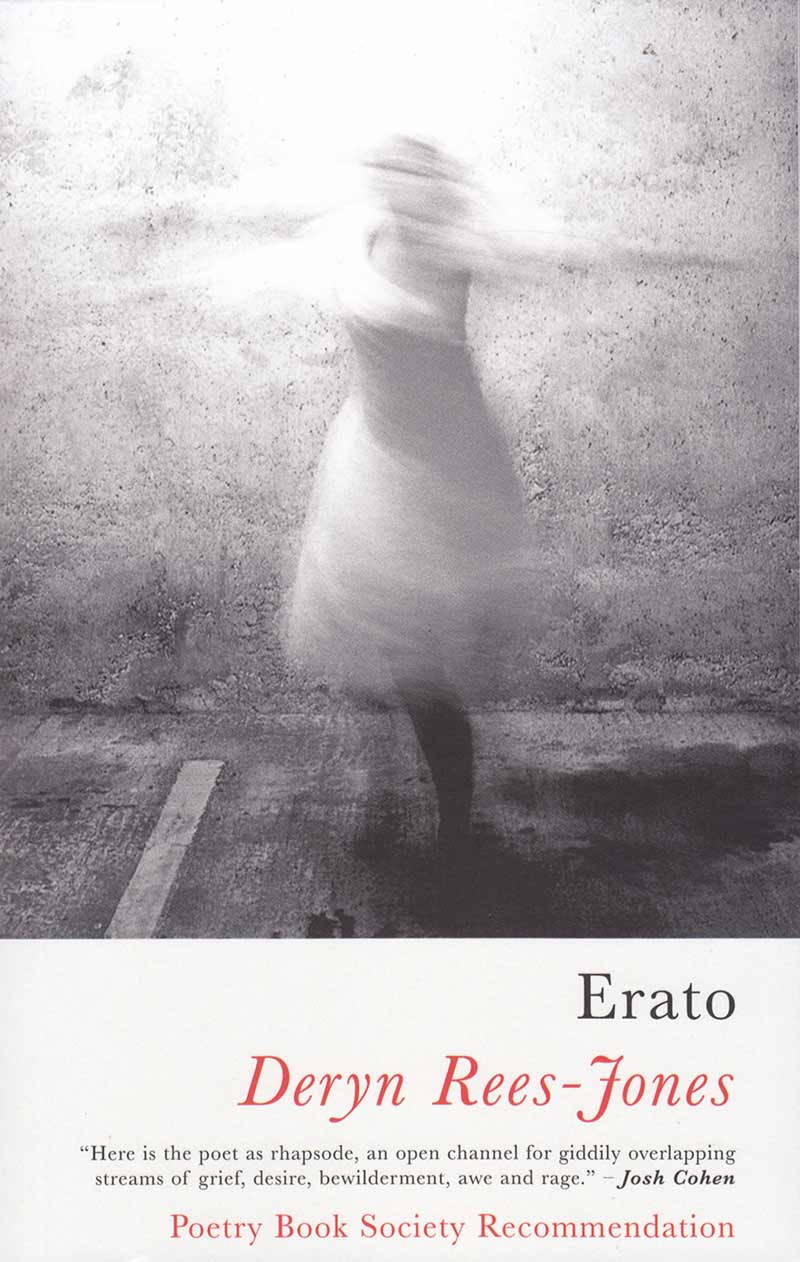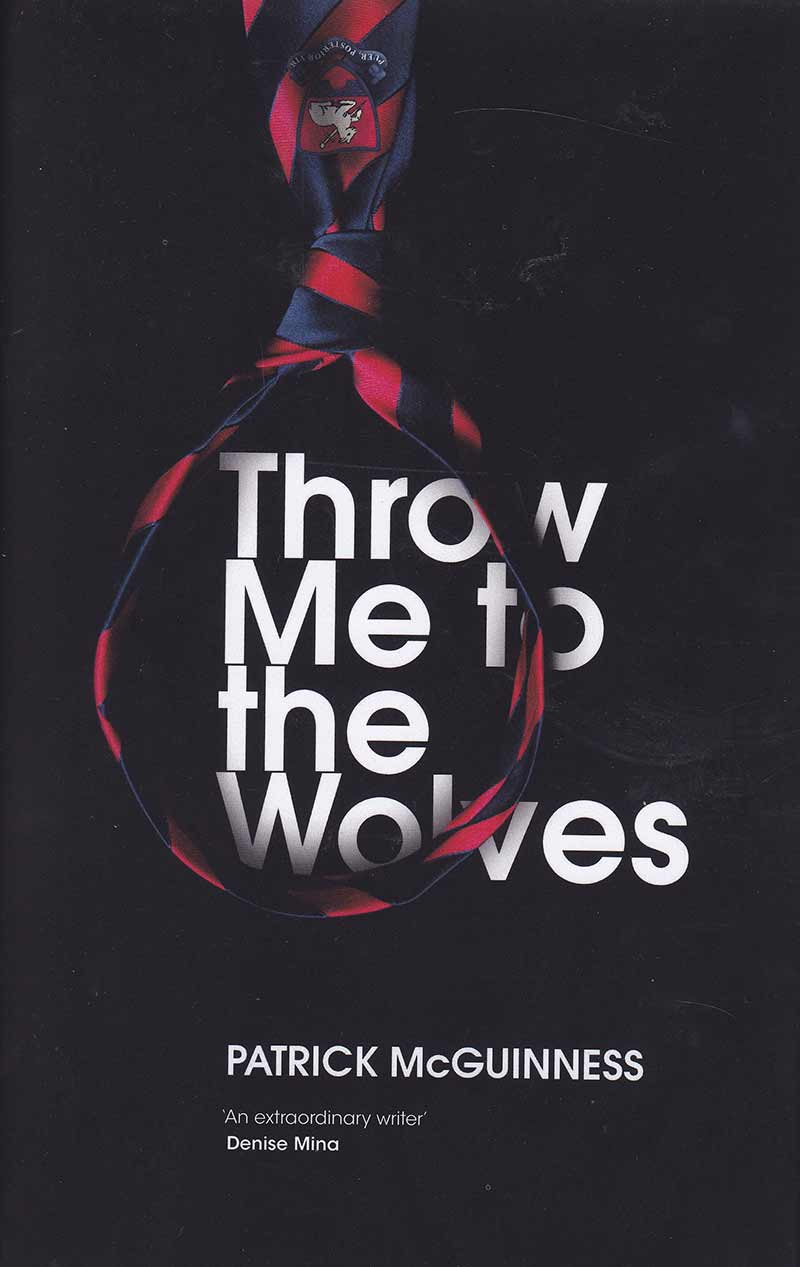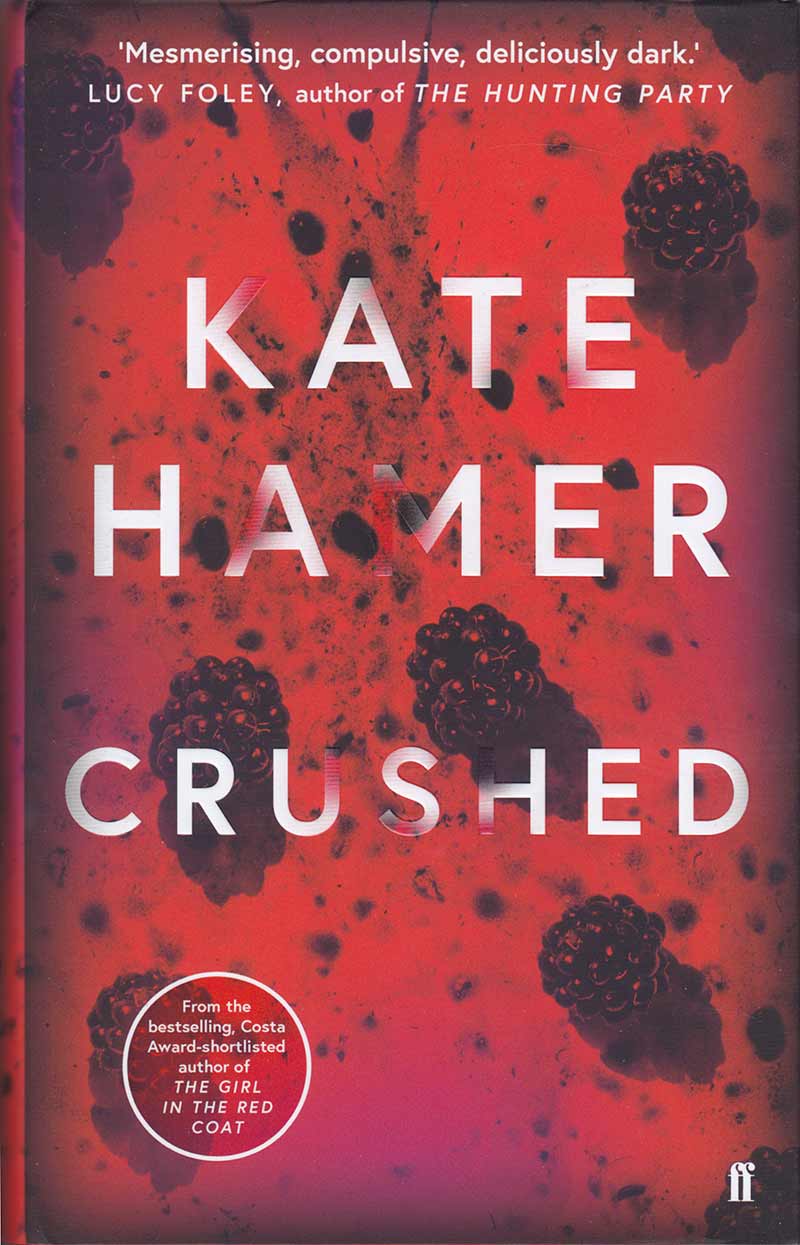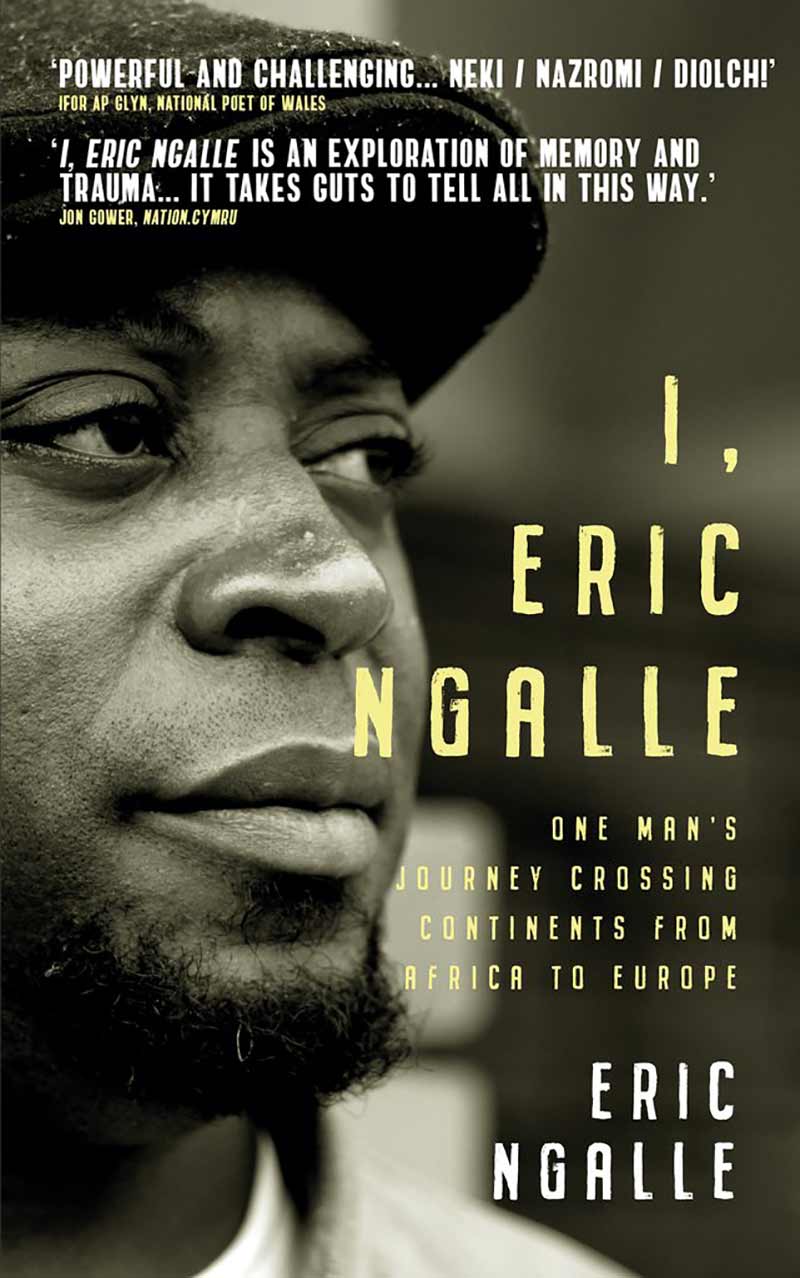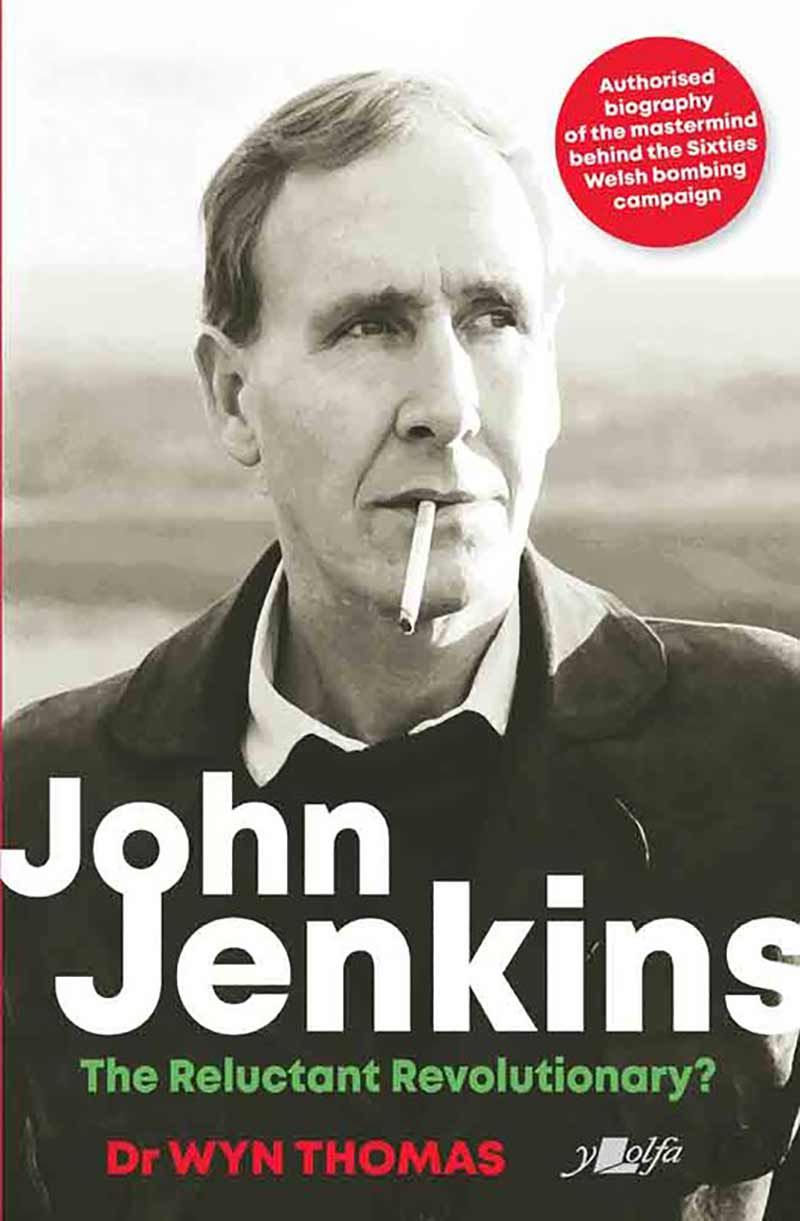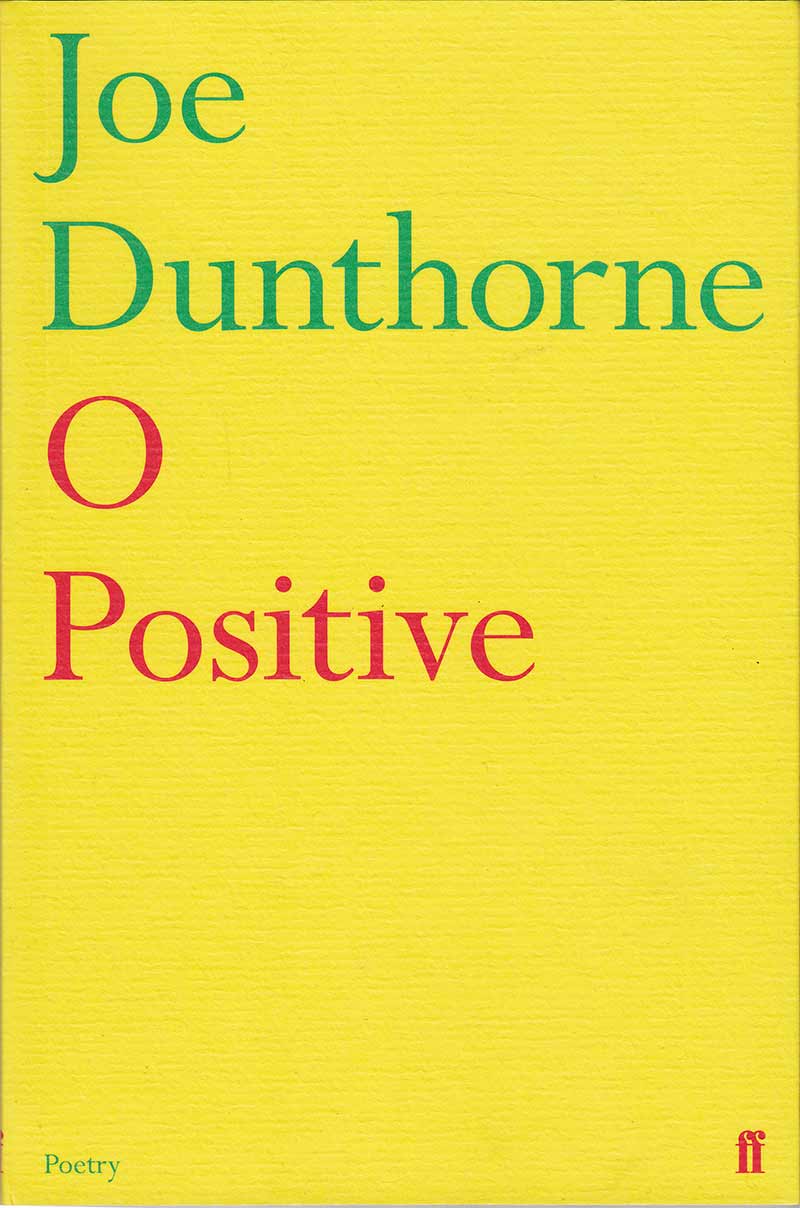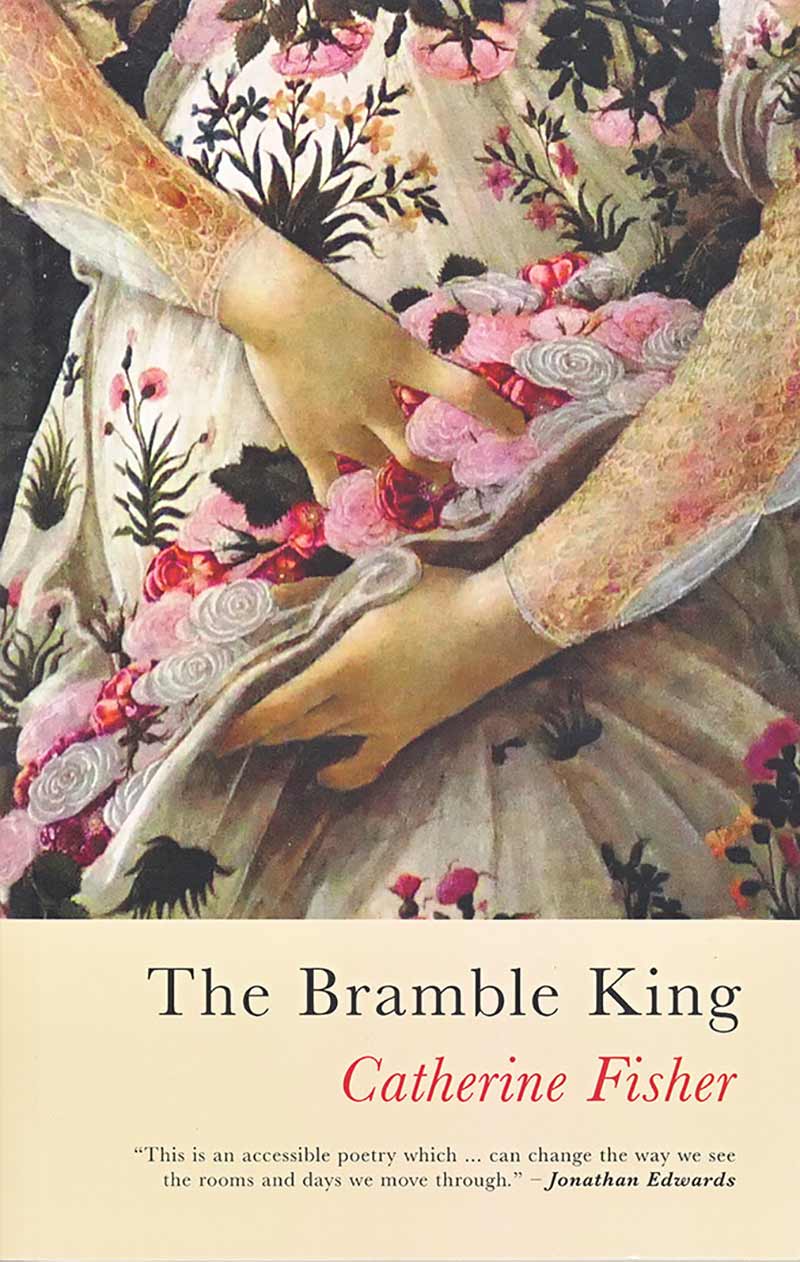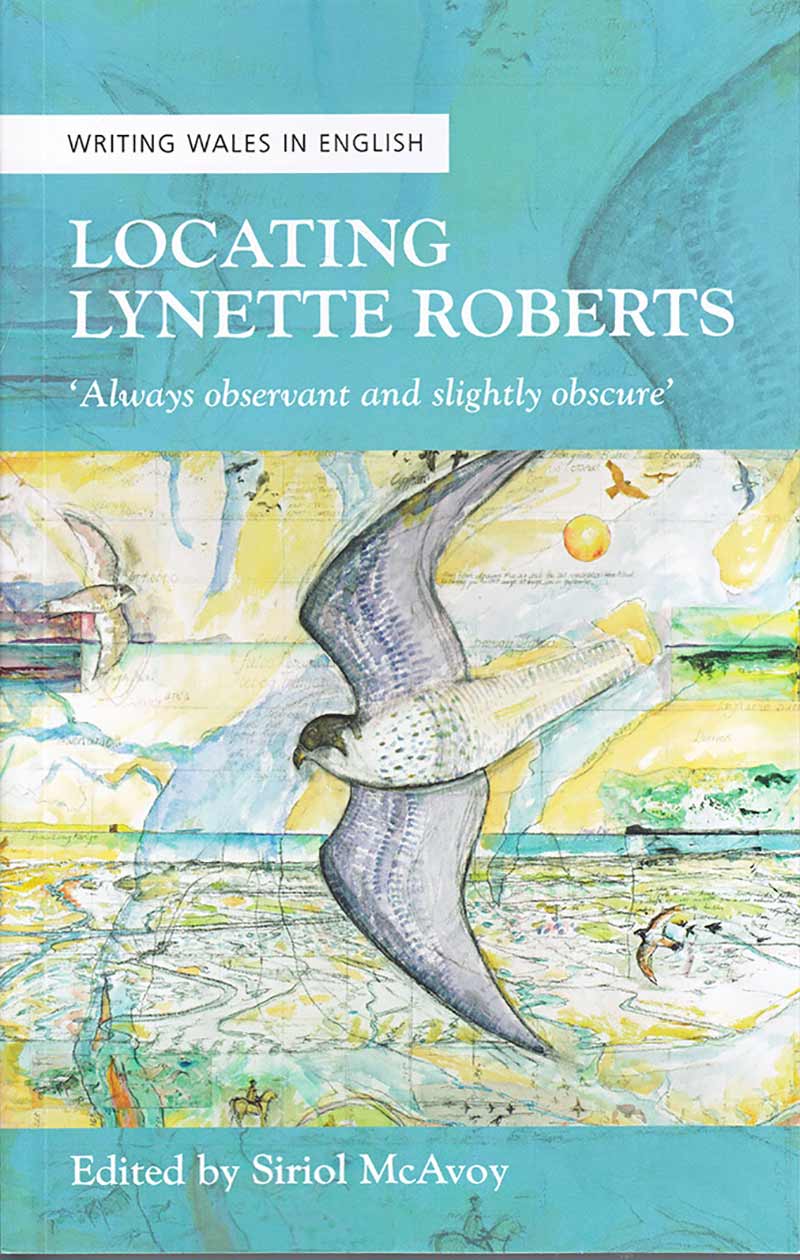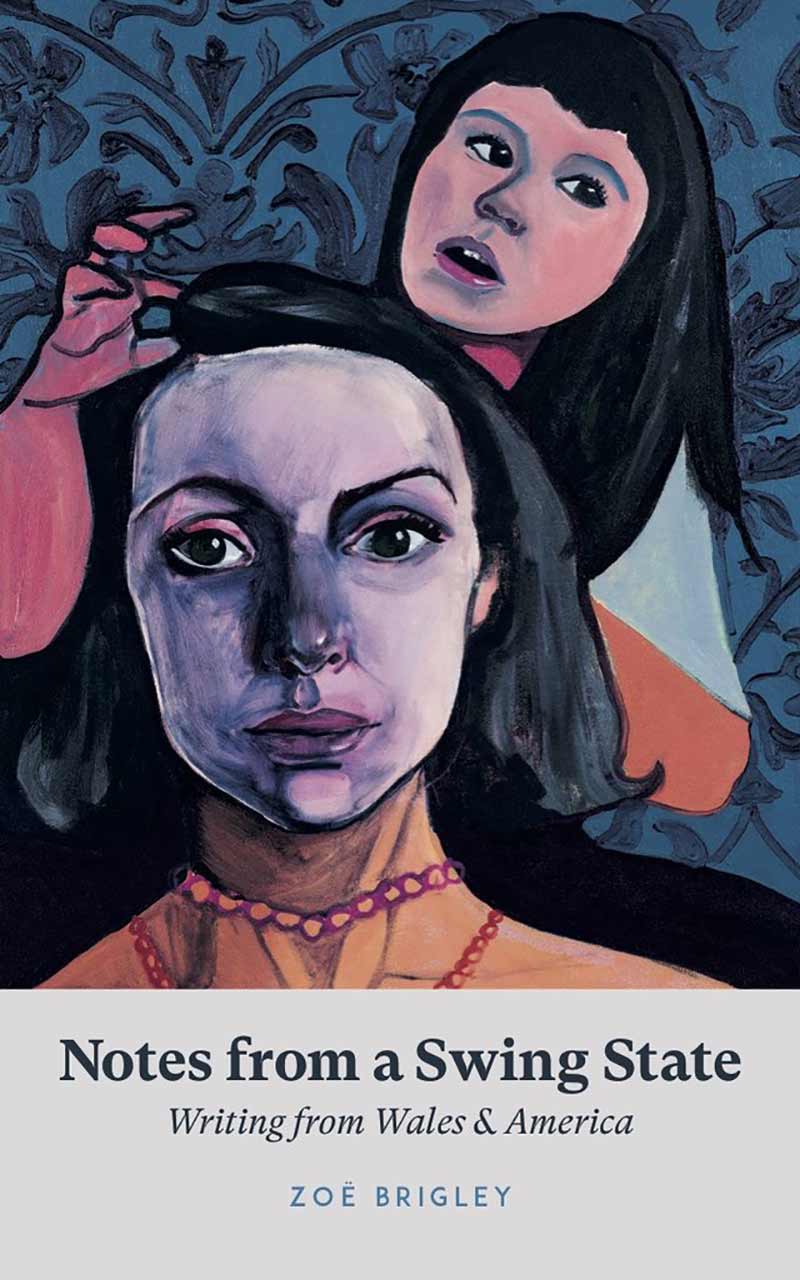Simon Brooks develops his argument that devolution has created a miniature version of the British state, with power centralised in Cardiff. He reflects on how independence could further threaten cultural difference within Wales – and moreover offers radical proposals for how an independent nation could avoid creating yet another homogenous state.
Read moreOur Welsh Keywords offers contemporary perspectives on the meaning of words in Welsh, inspired by Raymond Williams’ Keywords. In this issue, Paul Eastwood reflects on how he has created new Welsh-language ‘word sculptures’ in his installations, and how the language can reinvigorate an exhausted contemporary arts discourse.
Read moreHuw Williams argues that whether or not we leave the EU, many of the underlying dilemmas for Wales are the same. He offers concrete proposals for how to strengthen a weak public sphere, bring reconciliation to a fractured nation, push for greater autonomy and contribute to the global struggle for an alternative to neoliberal politics.
Read moreA Poem by Neetha Kunaratnam
Read moreGeorgia Burdett details the financial, emotional and physical strains experienced by carers in Wales. She explores literature from Wales that offers hope for those experiencing the challenges of caring for loved ones, and outlines how the current social care system needs to be radically reformed.
Read moreCongratulations to the winner of our 2019 Young Writers’ Essay Competition. Mark S. Redfern argues that a globally popular Vice documentary, repackaged for YouTube, gives a condescending and sensationalist angle on Swansea’s heroin crisis, and has left a poisonous legacy in capturing for posterity humiliating depictions of the protagonists, and misrepresenting working-class Welsh culture.
Read moreAs a follow up to his Planet article ‘Three Boys and a Pigeon’ from 2009, Paul Cabuts assesses the photography scene across Wales, recommending forthcoming exhibitions and grassroots initiatives while offering deeper reflections on the importance of visual literacy in the age of the selfie.
Read moreOur series of creative responses to Wales’ rail network, Reading Between the Lines, brings new insights into a Wales fragmented by its travel infrastructure. In this issue, on his journey to perform at the Hay Festival, Eric Ngalle Charles dreams of Cameroon while passing through Newport Tunnel, and comes up with a novel way to flummox a likely racist...
Read moreIn an article that exposes the roots of Brexit-era Germanophobia, Rita Singer details how Welsh press coverage and poetry about U-Boat attacks on Welsh ships evolved into racialised depictions of German U-Boat combatants as ‘Huns’, monsters, ghouls and Satanic fiends.
Read moreBook Review Section
‘We live in strange times’, writes Rita Singer, opening her review of Linden Peach’s University of Wales Press volume Pacifism, Peace and Modern Welsh Writing. Indeed. Key contributors to these strange times appear variously in these reviews: Boris Johnson, Jacob Rees-Mogg, Brexit. Or in Cath Beard’s review of Zoë Brigley’s Notes from a Swing State, they are ‘unending elections, referenda, guns, bills, power and ideology’.
Beyond the page, we find ourselves descending ever more deeply into the mire: as I write these remarks, Johnson has returned to the UK (‘The illegal has landed’, declared Dan Bloom on Twitter) and has dismissed as ‘humbug’ the concerns of MPs that his specific use of language is directly fuelling the language of violence. Attention to language – a crucial element of the reviewer’s art – has rarely felt so important.
So be on the alert for all the times that these reviews identify the potency of the linguistic act itself – in work by (for example) Kate Hamer, Eric Ngalle, Deryn Rees-Jones, Joe Dunthorne, Lynette Roberts. And, beyond that, let us retain the same alertness about what language carries with it as we face the collapsing disasters of the UK’s public sphere.
Matthew Jarvis is a professor, writer and editor.

